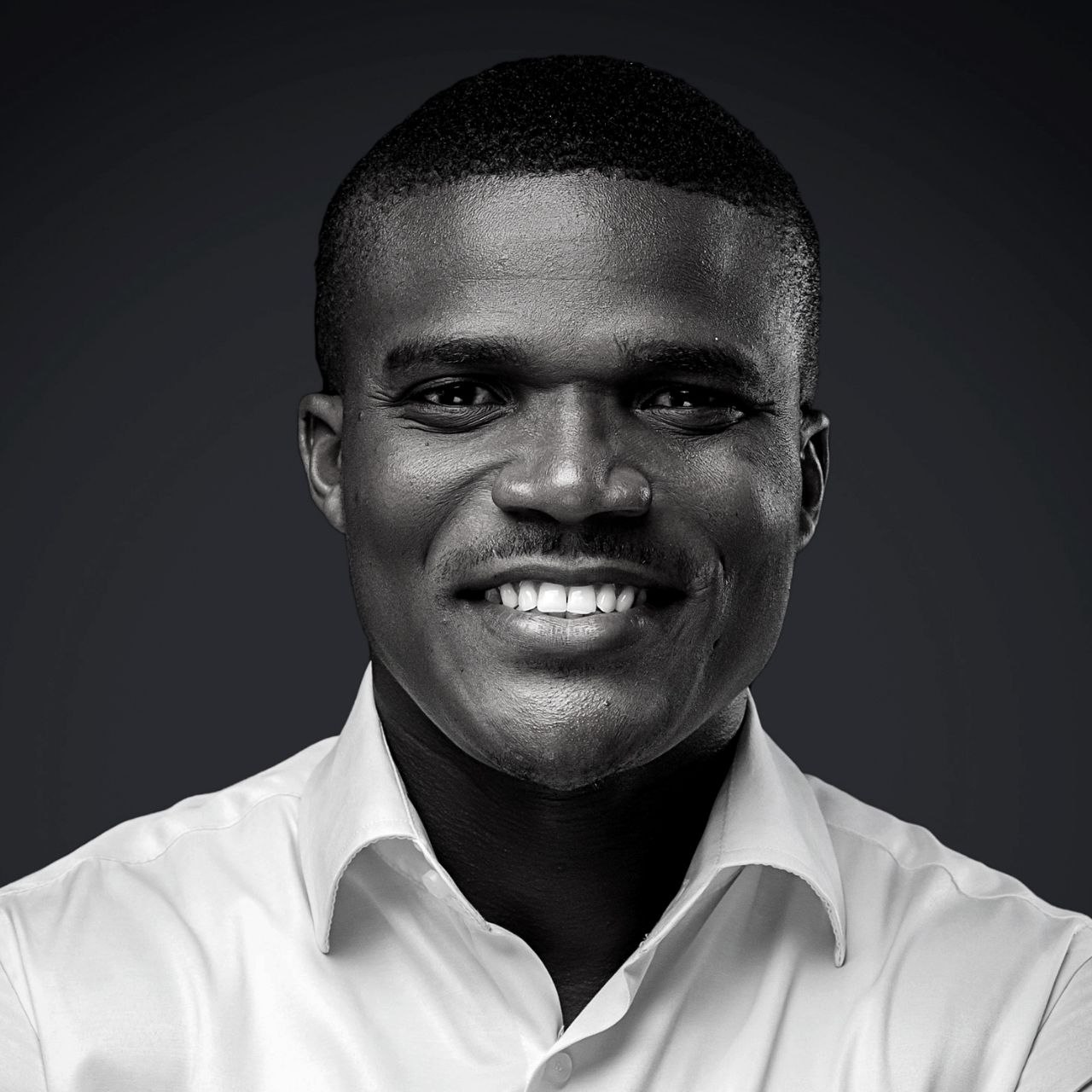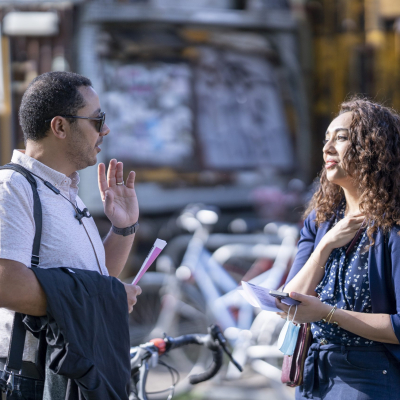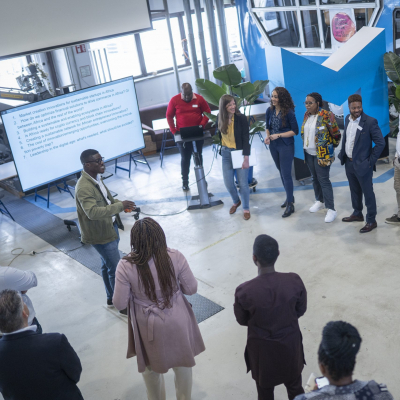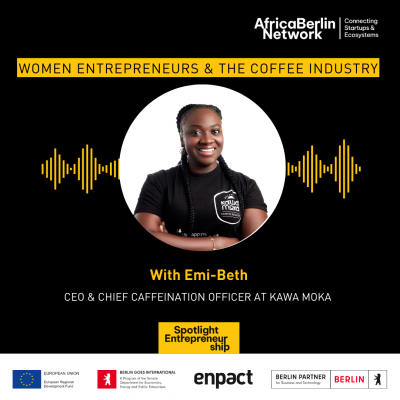Exploring New Horizons: Musings and Memories from a Business Delegation to Ghana
On 5 May, the World Health Organization (WHO) announced the end of COVID-19 as a global health emergency. While this does not suggest that the coronavirus no longer poses a threat, it means it has lost its mysterious, fatal sting and the world can deal with it better than before. Relative to the 10-year average time it takes to develop a vaccine, it took Scientists less than a year to develop the coronavirus vaccine. And this was made possible by the global collaboration of vaccine experts, researchers, supply chain specialists, funders, governments, and the private sector.
“Globalization is more about people than money.” – Martin Theobald
Transcontinental collaboration has ascended to the height of practical necessity. It expresses a collective desire to share, build each other up, and grow together. With this, we have an efficient bridge to equitable and inclusive development, and a powerful weapon against poverty, exclusion, and marginalisation.
In the past year, the AfricaBerlin Network harnessed local partnerships to address real pain points of business founders in the areas of business growth and internationalisation, raising money from venture and angel investment sources, international trade blueprints, and market access information. We immersed 12 African ecosystem leaders into the Berlin (Germany) startup ecosystem. This year, we set our compass to Ghana with two objectives in mind. First, to offer a first-hand experience of Ghana’s economy and present opportunities for global collaboration. Second, to bring visiting delegates closer to the myriad digital innovations in the local startup scene, and the culture of the Ghanaian people.
This article is a postcard of the delegation experience.
Conference and MeetUp Day

Edwin Zu-Cudjoe, Executive Director of Social Enterprise Ghana, delivered an informative presentation on Ghana’s entrepreneurial landscape. He highlighted the various entities within the ecosystem and the crucial roles they play. Zu-Cudjoe emphasised that Ghana’s entrepreneurship ecosystem has the potential to thrive further through collaborative efforts between research institutions, academia, enterprises, enablers, investors, entrepreneurs, and financial institutions.
Local Ghanaian enterprises as well as some members of the delegation pitched at the conference to showcase their businesses and products.. Presentations were made by Mavuno Technologies Country representative Adokwei Andrew Addo; Beth Mwangi CEO at Mywagepay; Isidore Kpotufe Chief Marketing Officer of Treepz Inc; Martin Theobald CEO at Terrassign GmbH; Moss Sereme Founder and Chairman at Accuracy Group. Additionally, other engaging pitches were made by Marie-Reine Seshie, Co-founder and CEO of KOLA Market Inc; Sandra Snowden from Hendy Farms; Victoria Agbai from Bubune Skincare Limited; and Christian Worgbah, CEO of Built Africa. These presentations garnered reactions and feedback from the attendees on the conference floor.
There was also a panel discussion on the topic “Connecting Ecosystems – Challenges and Opportunities for Internationalisation” with Brian Dzansi, Co-founder of Node Eight; Adokwei Andrew Addo, Country Representative of Mavuno Technologies; Beth Mwangi, CEO of Mywagepay; Moss Sereme, Founder and Chairman of Accuracy Group; Martin Theobald, CEO of Terrasign GmbH. The panel was moderated by Mawule Messan, Filmmaker and Managing Director of Sacrefilms.
The day’s proceedings came to a close with roundtable discussions on a wide-range of issues including women in entrepreneurship, internationalisation and networking, business growth, mobility, and international talent among others.
Diversity in AI, a cup of coffee, & Accra Digital Circles

In collaboration with the Goethe Institut, IoT Network, and Innovation Spark, we successfully organised the “Diversity in AI: Ensuring Local Content, Equity, and Public Trust Technology” panel at the Google AI Lab. The event commenced with an enlightening presentation from programmers who equipped an NAO robot with new skills under Goethe’s “Robots in Residence” program. They shared their experiences, highlighting the unique challenges and limitations they faced. This set the stage for a comprehensive dialogue, focusing on the potential pathways that Ghana and the global community can explore to facilitate the accessibility of local content for constructive AI development. The discussion delved into the ways African tech stakeholders can foster both local and global collaborations, aiming to achieve a fair representation of African content and datasets in AI development. Furthermore, the conversation examined how AI solutions can be harnessed to address local challenges and promote the collective welfare of communities in Africa; to ensure that the development and implementation of AI technologies embrace diversity, equity, and public trust while incorporating local perspectives and knowledge.


Later in the day, we visited the Kawa Moka roastery and Cafe. At the roastery, we were taken through the coffee production process from roasting, filtering, quality control, calibrating to packaging. We had the opportunity to enjoy coffee and art at the Nubuke Gallery. In the evening, we participated in Accra Digital Circles, a networking event organised by Node Eight.
Drones to the rescue, traversing streets of Accra & Hard talks

In the eastern part of Ghana, we toured Zipline’s operational site at Omenako. The government of Ghana has commissioned Zipline to deliver life-saving medications and blood to people in emergency situations in inaccessible parts of the region. “No one in Ghana should die because he or she could not access the medicine needed in an emergency situation”, says Ghana’s Vice-president, Dr Mahamudu Bawumia. This medical drone service is expected to serve 14 million people.
 Upon returning to Accra, our delegation explored various noteworthy attractions. We visited the Black Star Square, which houses significant landmarks such as the Independence Arch, the Black Star Gate, and the Memorial of the Unknown Soldier. Additionally, we embarked on a sightseeing tour of Jamestown Harbour, an ancient port utilised by the Portuguese and Dutch during the 16th and 17th centuries. We also explored the surrounding areas, which include forts, dungeons, and a lighthouse, all steeped in historical significance.
Upon returning to Accra, our delegation explored various noteworthy attractions. We visited the Black Star Square, which houses significant landmarks such as the Independence Arch, the Black Star Gate, and the Memorial of the Unknown Soldier. Additionally, we embarked on a sightseeing tour of Jamestown Harbour, an ancient port utilised by the Portuguese and Dutch during the 16th and 17th centuries. We also explored the surrounding areas, which include forts, dungeons, and a lighthouse, all steeped in historical significance.
To conclude our memorable experience in Ghana, we engaged in a breakfast conversation with Impact Investing Ghana and Startup Lounge. The discussion revolved around effectively directing resources to areas where they are most needed and can have the greatest impact.
Parting thoughts
Collaboration best works when there is a meaningful integration of differentiated strengths toward a goal above and beyond the collaborators. Our multilateral approach to results-driven programs may have contributed to these. Yet still, substantial credit goes to our partners, experts and ambassadors in Berlin, Egypt, Ghana, Kenya, South Africa, and other parts of the world.





